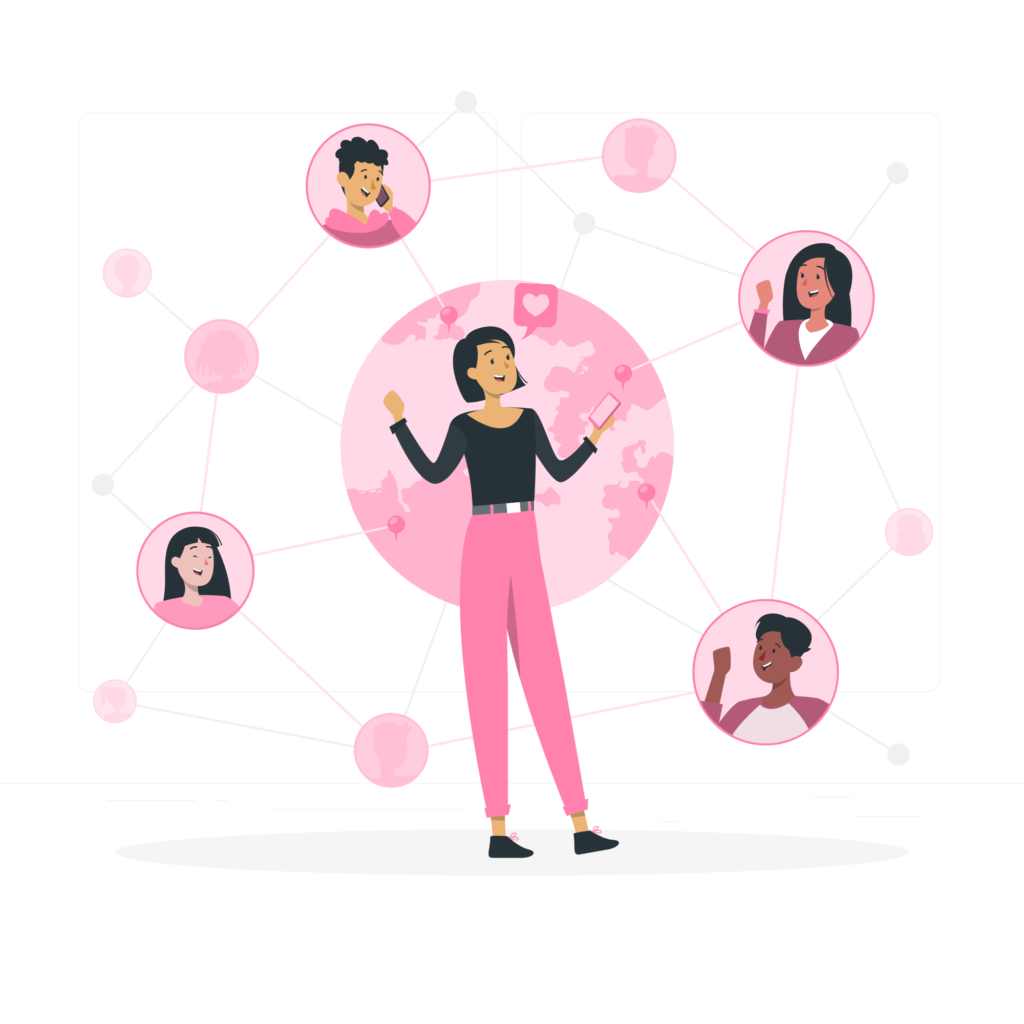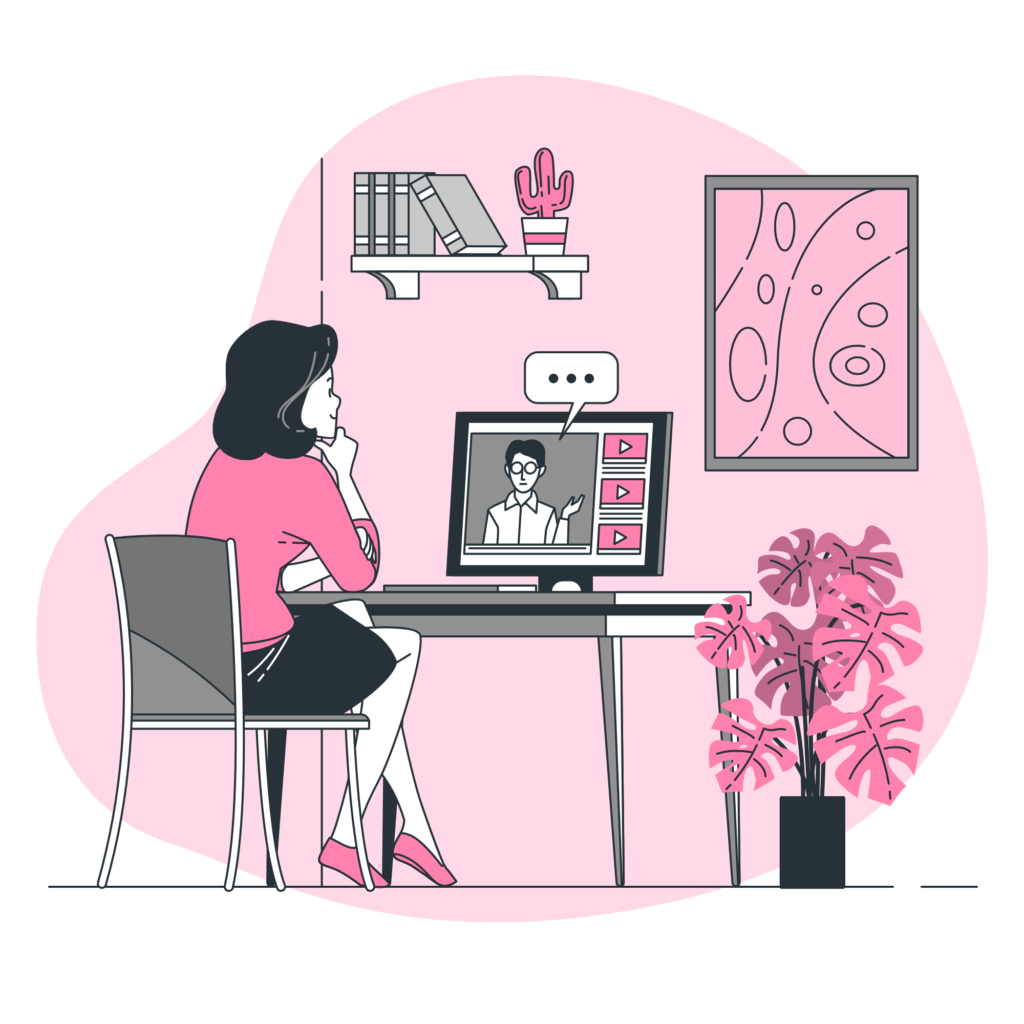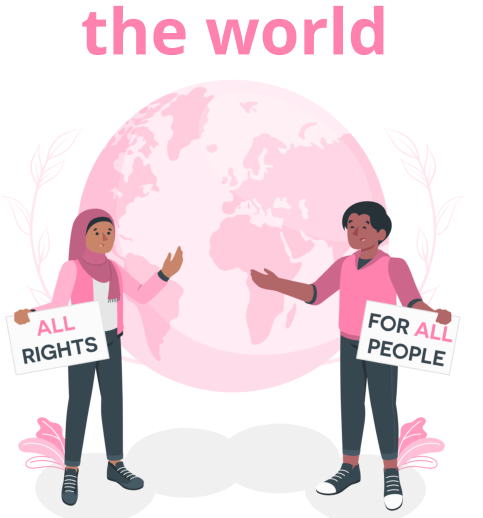If your promise is about doing something for yourself, your family or your community, then you change the world. But what about the big issues like :
- global climate change
- wars and peace
- Artificial Intelligence
- jobs, housing and healthcare.
You can do something direct that relates to these big issues too.
You could, for example, make a pledge to find out more about the issues. Set up a campaign. Research a group that aims to protect the world; look after human rights; or support peace. You might pledge to watch the TV news and find out more about the stories they cover. You could organise an event to raise awareness of an issue. You could talk to friends and involve them in action to look after the world around you.

Parents, teachers at your school or the adults at your youth group could all be useful sources of advice. You can also find things out from TV and radio; from newspapers and magazines. And, of course, online.
Some online sources of information include:
Amnesty International is a charity that campaigns for human rights in every country. It works across the world. It supports human rights for people no matter what faith or views they have. And no matter their colour, gender or wealth. You can see the resources they make including their Education Resources on Children’s Rights.
Better Planet Education is a charity that gives free access to environmental education to young people. It works with schools and teachers to make sure the advice it gives is fair and balanced.
Childnet is a charity that supports children and young people to make good and safe use of the internet. You can see their advice for young people.
The Children’s Commissioner for England is someone put in place by our Government to promote and protect children’s rights. They have a special job to look after the rights of children and young people who are disabled or have special needs or who might be at risk.
You might know that our Government has said it will give the vote to 16-18 year olds? The Electoral Commission is the body that oversees elections in our country and makes sure that we get the right to vote. You can see their resources for young people.
Newsround is the BBC News service for young people. They have stories and news about a wide range of things you might want to find out about. You can also see their guide to what to do if you are upset by things in the news.
United Nations Convention on the Rights of the Child is an agreement between countries. It sets out the idea that every child should be recognised, respected and protected. It says all children are unique and valuable. It applies to all people under the age of 18. Our Government has signed up to this. You can read about how what they do supports children’s rights.
UNICEF is the part of the United Nations that supports the rights of children and young people. They can also support young people to campaign on the issues you care about. You can read and download their Youth Advocacy Toolkit.
Young Minds is a charity for young people and mental health. They have free resources on mental health. They also have information about the big world issues we face and how this can make young people feel.

Stay Safe (and Well-Informed)
If you want to find out more about an issue, make sure you read things about it from different sources. So :
- read what different websites or channels say
- make sure you check the other side of any story. You have heard of Fake News? People don’t always tell the whole truth about what happens
- don’t rely only on what one person, or type of person, is saying. They may have a motive for only telling one side of a story.
- talk face-to-face to parents, teachers and people you trust about what you hear. Listen to what they say too. And make up your own mind.
When you find an issue you feel strongly about, you might want to join a campaign or a group. Hold off for a while and talk to people you trust about it. Some campaign groups have memberships for young people when you are 16.
